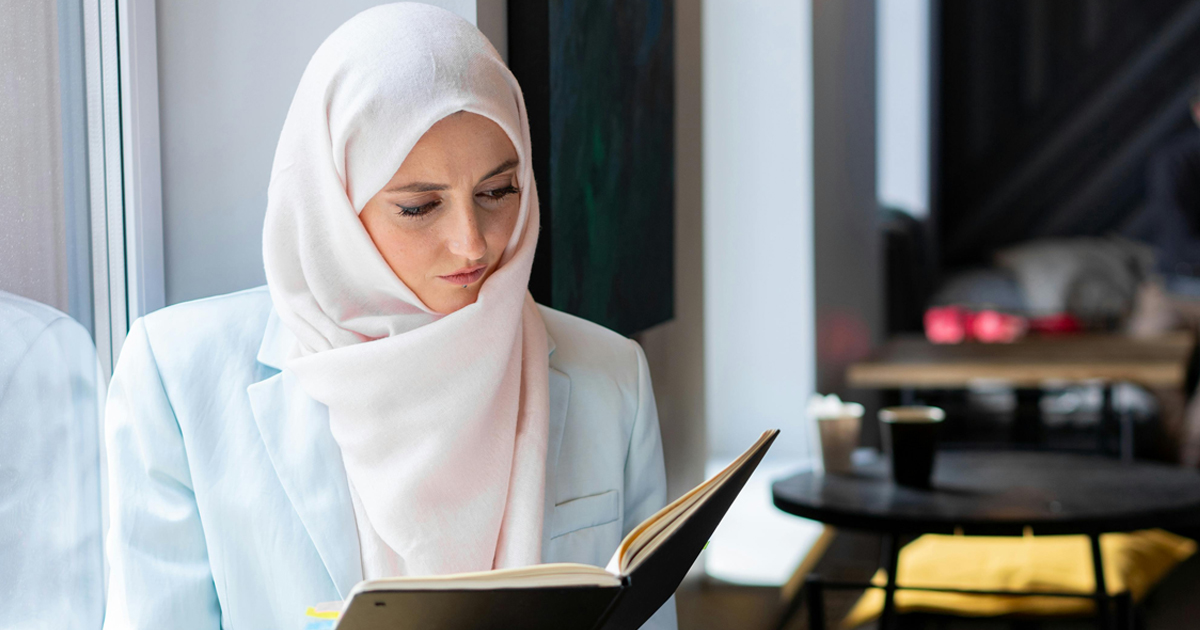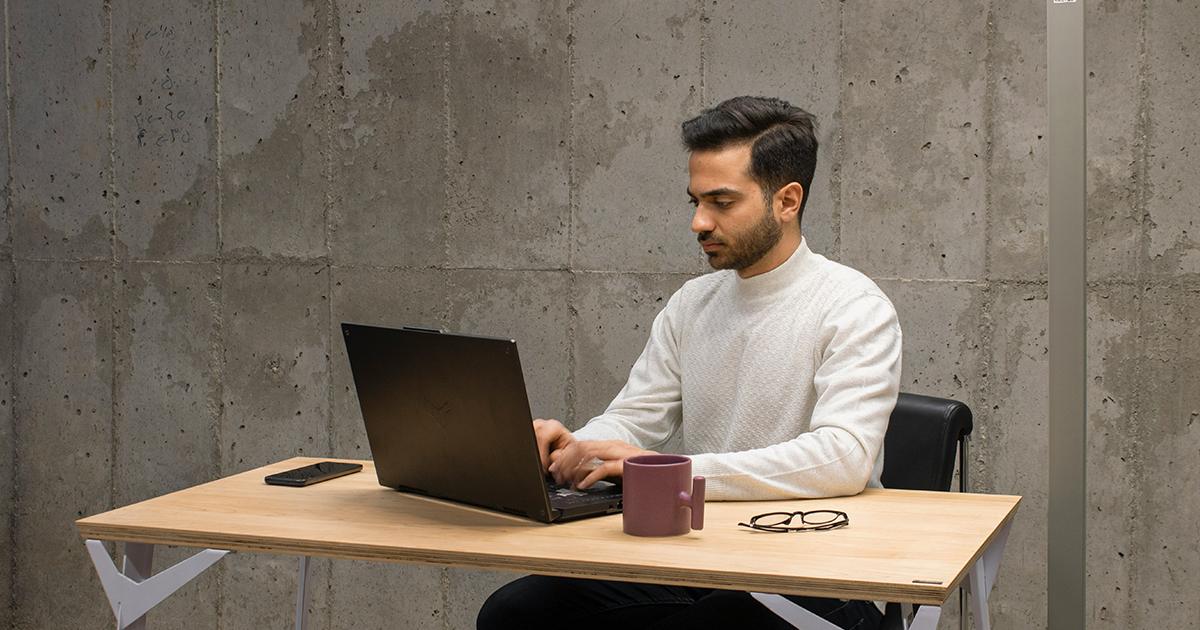At Arab Academy, we offer lessons to help you learn Arabic. Adults, teens, and children can use our services online. As you’re going through your lessons, you’ll find that the Arabic culture has specific values that you should know as you prepare to visit Arabic countries:
Hospitality
The Arabic culture is known for its hospitality. They love to have company and welcome visitors into their homes. During these visits, there are certain things that you will need to know about Arabic hospitality and etiquette:
- Keep your voice at an appropriate noise level. Speaking or laughing loudly may come off as rude.
- Sit without stretching your legs in front of you.
- Avoid leaning against walls.
- Try not to slouch in chairs.
- Understand that double meanings may be brought up in conversation.
- Remove your shoes at the door of the home you enter and leave them there.
Religion
The Islam religion plays a central role in Arabic culture that heavily influences their daily life. Arabic values of devotion to God, adherence to Islamic principles, and respect for religious rituals are critical aspects in many Arabic cultures. You can learn more about Islam and the meaning behind specific phrases as you go through your Arabic culture classes.
Honor
Another Arabic value you should know is the importance of honor and respect within each community. Respect for elders, authority figures, and guests is highly valued in Arabic culture. They uphold personal integrity, dignity, and reputation during social interactions.
Family
Arabic culture places emphasis on family and children. Arab are loyal to their family and their needs, and they will choose them over their friends in many cases. Specific roles are placed on men and women in the family unit. You can expect strong bonds between family members and their extended family.
Tradition
Arabic culture holds strong ties to tradition. Here are some daily traditions/rituals you may expect within the culture:
- Return favors are similarly done by a friend.
- Saying “yes” can also mean “maybe.”
- Use your right hand for eating and drinking. Do not use the left hand.
- Avoid pointing your finger while speaking because it may be considered a threat.
- Wear the proper attire. Women should avoid wearing short sleeves or sleeveless dresses, and men should avoid shorts.
You should also be aware of certain gestures when conversing with others. For example, generally, hugging only occurs between close friends, maintaining prolonged eye contact with women may be considered rude, and handshakes are common for greetings as well as goodbyes.
Learn Arabic and Cultural Values
Whether you are a beginner or an advanced Arabic speaker, you can use our tools to learn Arabic. Our online course is available all day, every day. Arabic holds a unique and interesting language and culture. You can choose to engage in an immersion program with us to put your skills to the test. Contact Arab Academy to learn more about our courses that best fit you and your goals.







